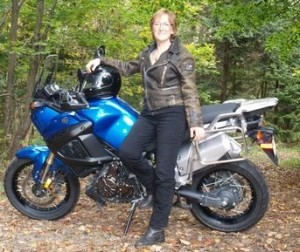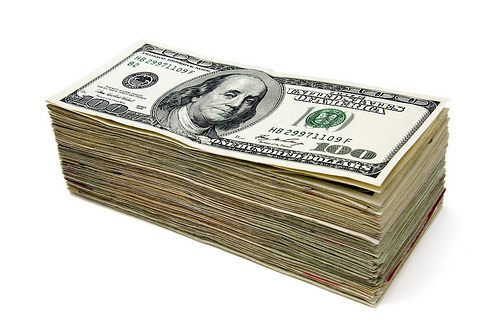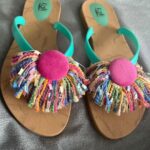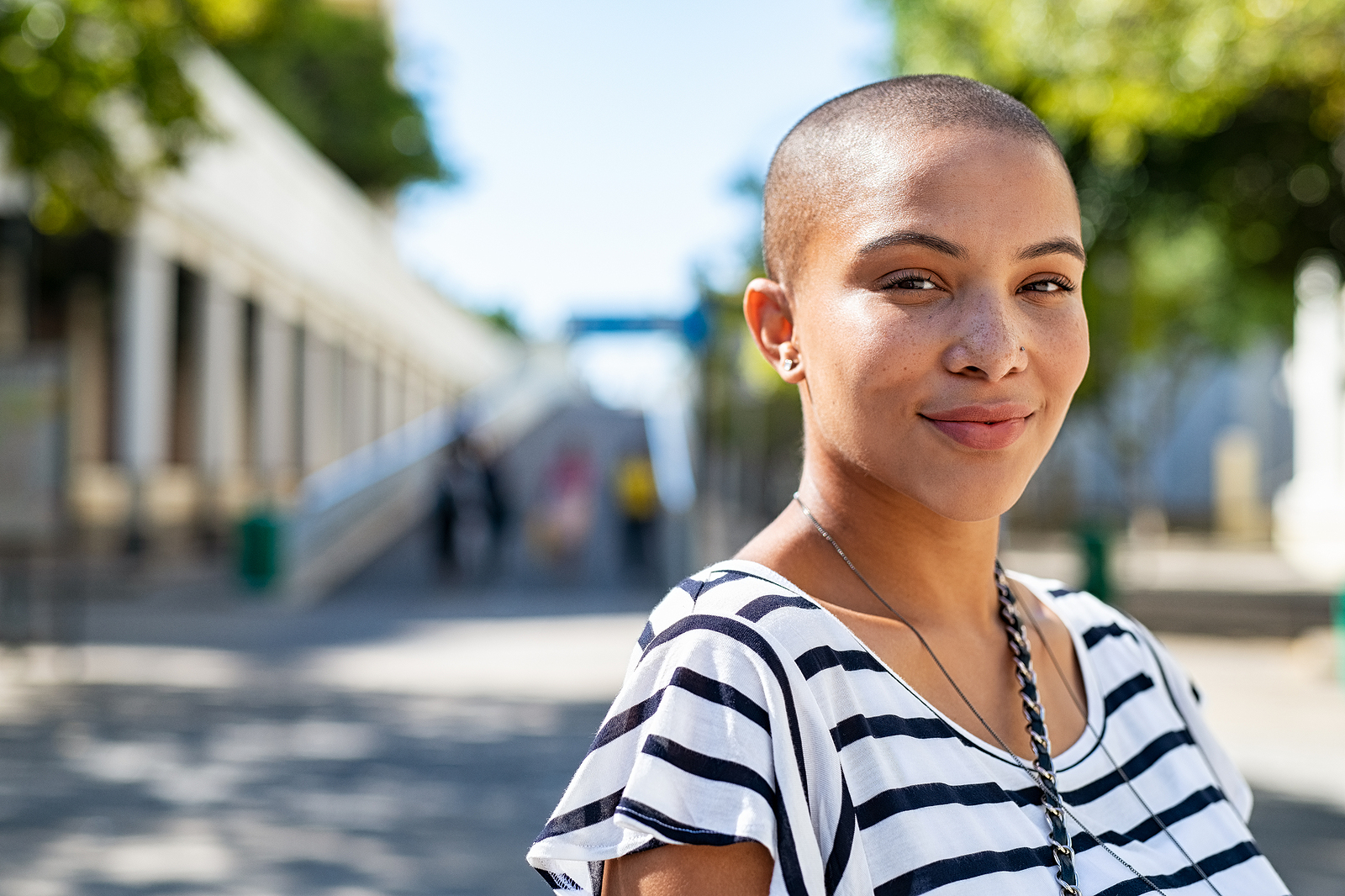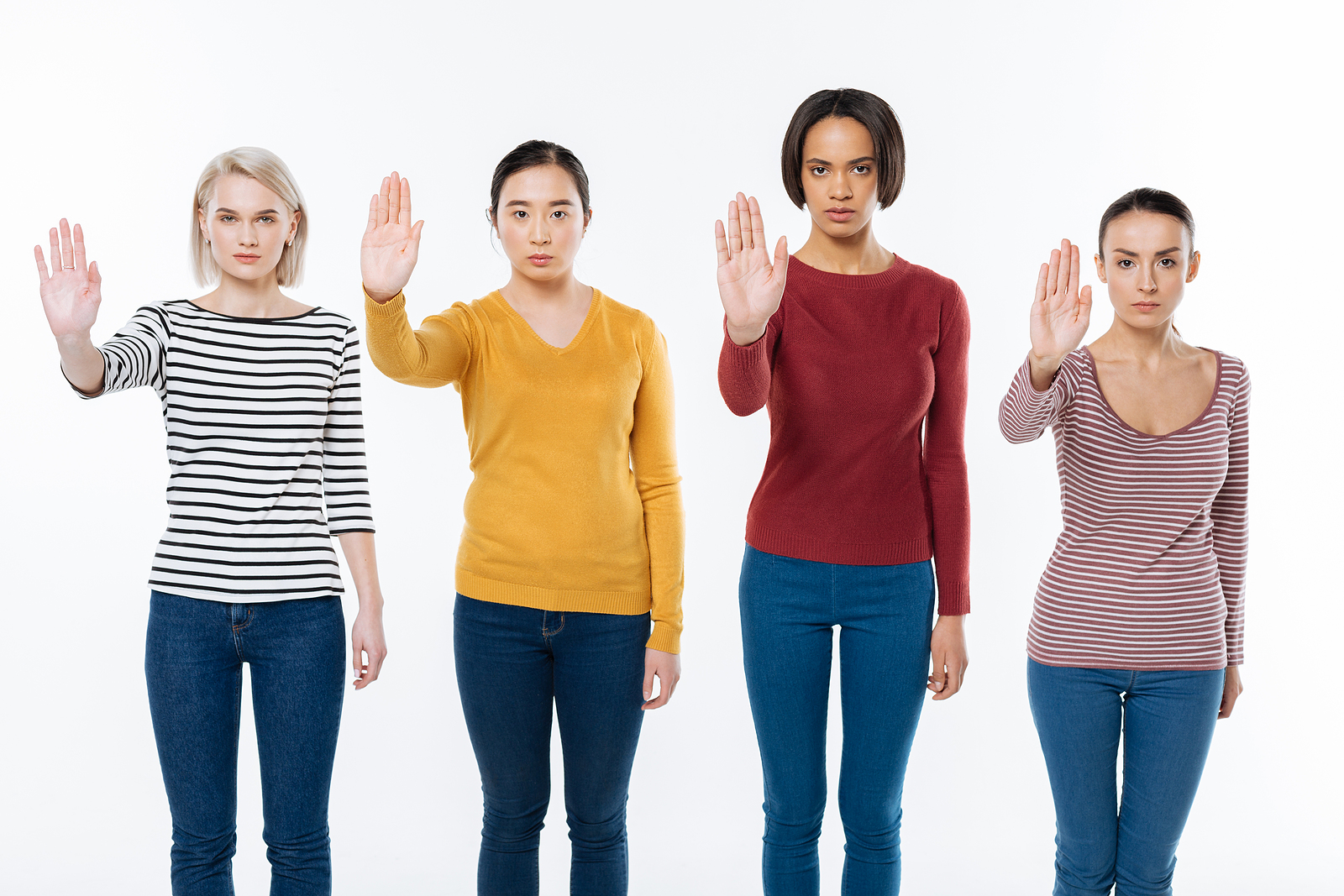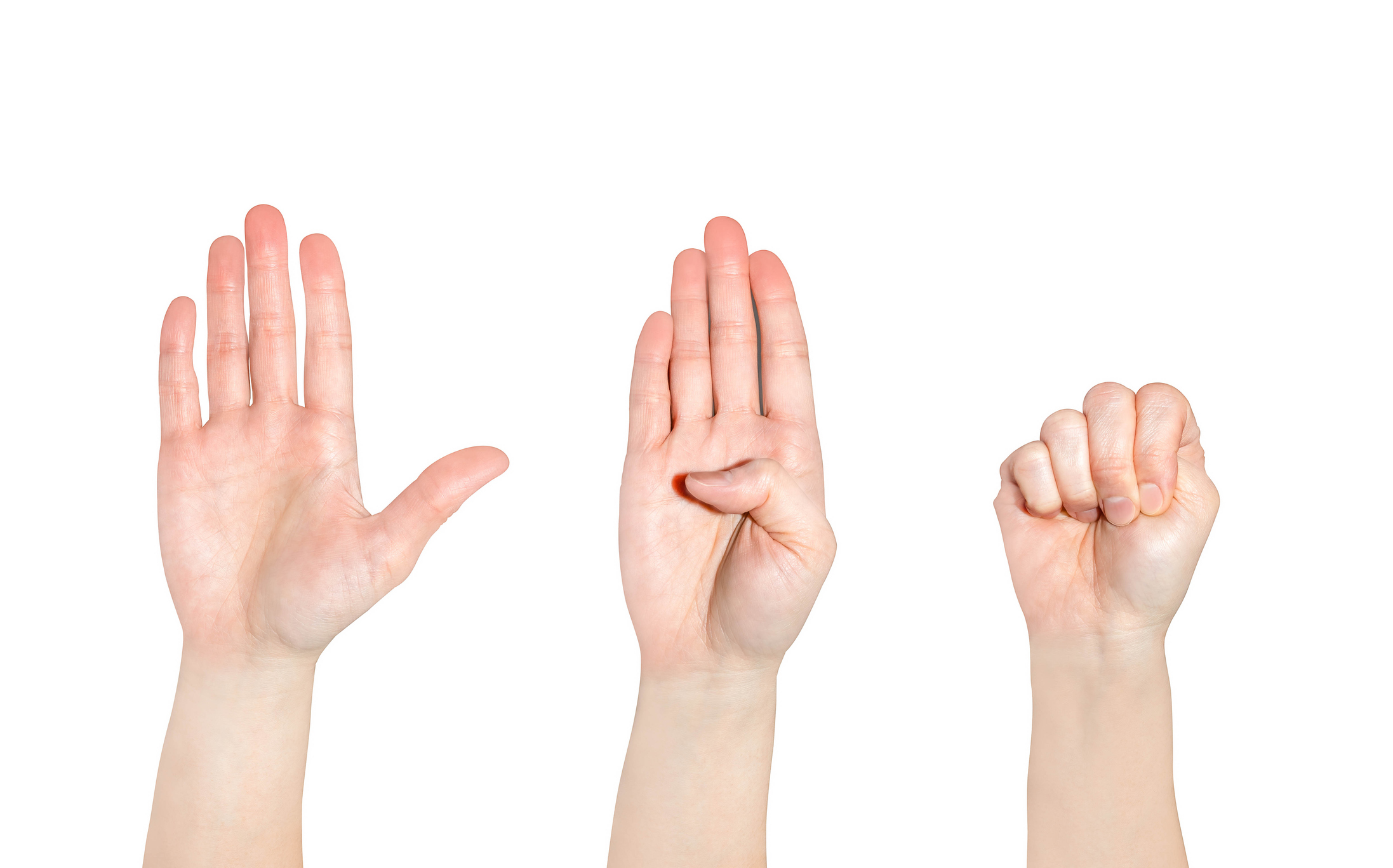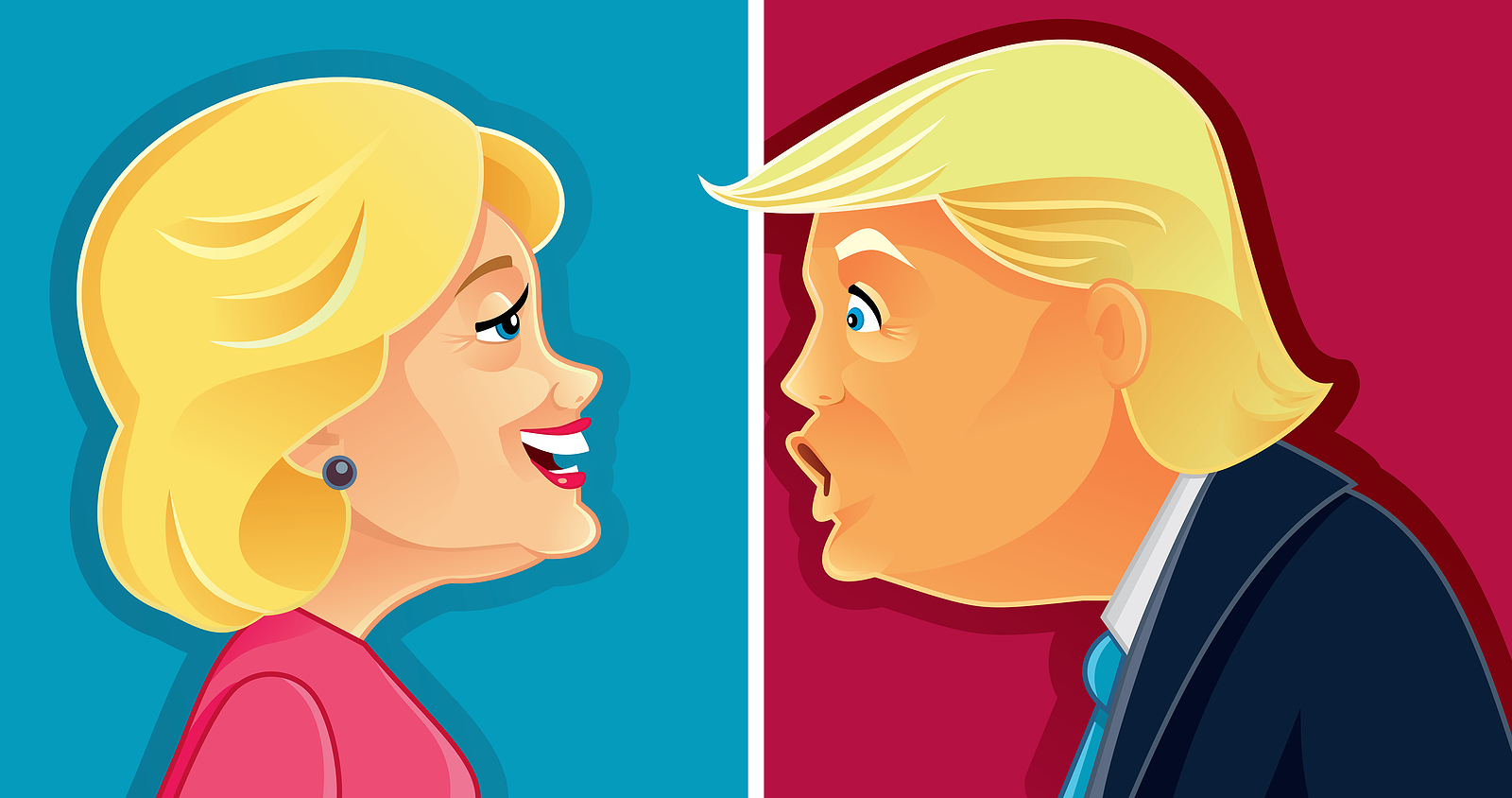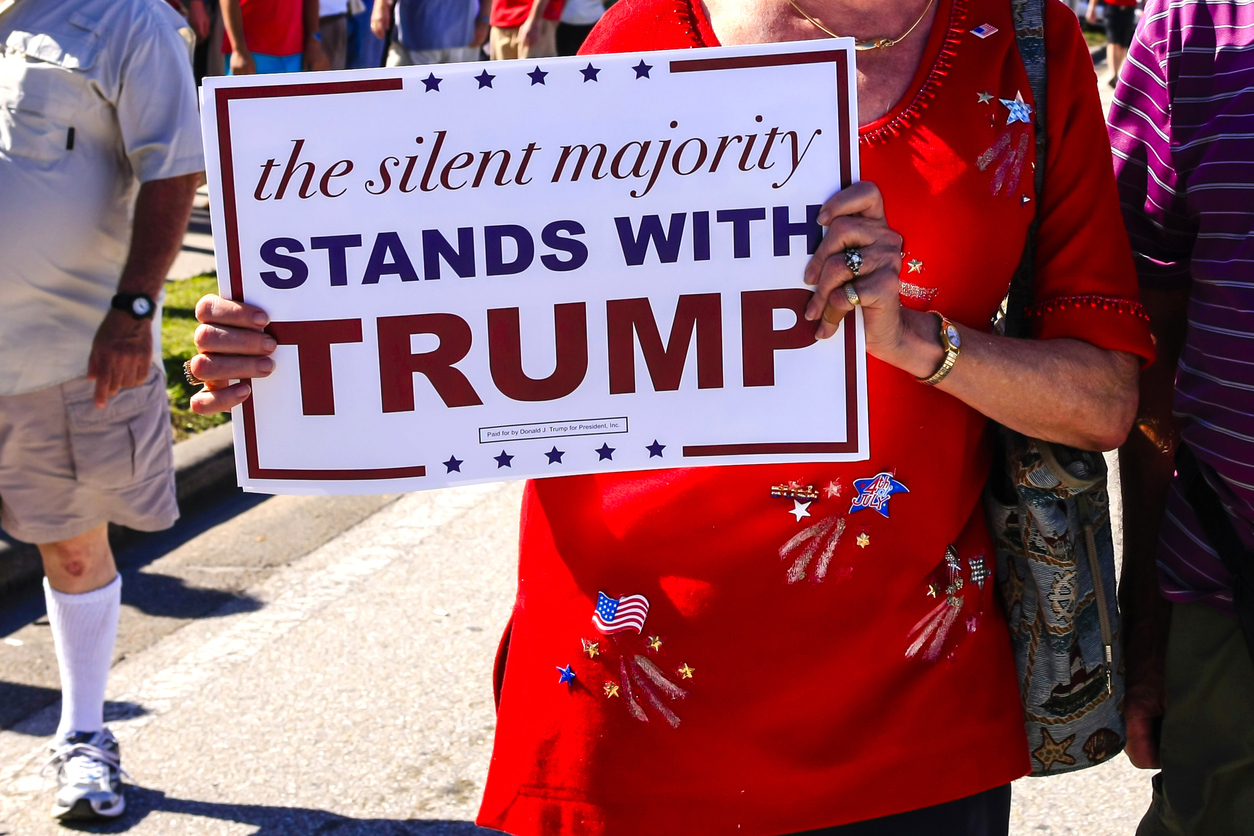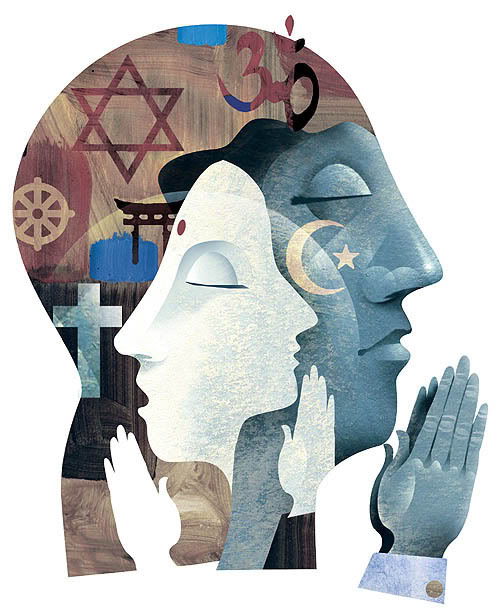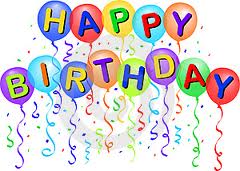In 1954, a unique being came into this world and the branding began. The baby was a girl, the first child of first-generation Canadians, granddaughter of refugees. Her Mennonite parents spoke German and ran a fruit farm. The nurses put a pretty pink bow in her fiery red hair and delivered her back to her mom. Five siblings would follow and she would grow up to become a nurse like her mom.
 Although I’m still a red-headed female, the attributes that labeled me then are very different from the brand I’ve become.
Although I’m still a red-headed female, the attributes that labeled me then are very different from the brand I’ve become.
Branding is essentially a marketing term used to categorize us and convey a specific message. It’s not who we are. It’s the perception of who we are and like beauty, it’s in the eyes of the beholder. As a child, my dad told me Del Monte meant “kill the farmer.” Obviously he was feeling squeezed by a giant food producer and that has stuck with me to this day.
It’s the tangible way we reflect personal philosophies and personalities. It reflects our values, perspectives and interests. Not only do we run impressions of people and things through our own filter and assign them a brand, we also label ourselves based on those that have been assigned to us. We immediately form opinions of the motorcycle – and its rider – based on whether it’s a BMW, Yamaha, Honda, Harley-Davidson or Ducati.
Just like preconceived notions can lead us to misjudge the appropriateness of a motorcycle, so too can we misjudge others. These elements on which a motorcycle brand is created, can become judgment traps.
- Size. While there is a correlation between engine displacement (cc’s) and power output, it’s not a given. Likewise, we can’t determine a person’s capabilities or personalities by their physical size and shape.
- Color. We joke about whether a black bike is faster/nimbler/prettier/more powerful than a blue bike. In reality, color makes no difference. Just like age, skin or hair color make no difference to who we are as beings.
- Functionality, features. There are all kinds of options that can be purchased over and above the standard bike but unless they enhance safety, that they’re available doesn’t mean we need them. Likewise, we often make our lives overly complex, just because advertising has convinced us we need something.
- Accessories. There are lots of gizmos and gadgets we accumulate and granted, they can add convenience, but they don’t speak to the capabilities of the machine. Similarly, choices we make can camouflage our brand.
- Country of origin. Just because you’ve had an unfavorable experience with a Japanese/British/German bike does not mean that all things Japanese/British/German are bad. Nor does a person’s heritage necessarily reflect who that unique individual is.
- Stature. Differences in seat height, center of gravity and suspension can make an 800 pound cruiser easier to handle at slow speeds than a 500 pound dual sport bike. Individuals vary too. Don’t form an opinion based on first impression without knowing all the facts. You’ll likely be wrong.
- Heritage. Even a new motorcycle has a legacy, depending on experiences with others in its brand. The family, culture and society into which I arrived on this earth were instrumental in shaping the thoughts, attitudes and beliefs that guided my early behavior. Traditions, role models, religion, fairy tales and myths all passed down from one generation to the next, set the expectations based on cultural norms,
- Stock issue. This is what our bike is – or who we are – before people start working on us. The setting we’re born into initially establishes our brand but as we become more self aware and evolve, we come to realize that often, the branding that’s been thrust upon us by others is not who we are. Like the ugly duckling, we sense we don’t fit and at some point strike out to find the tribe where we do belong.
- Reviews, opinions of others. People base motorcycle purchases on journalists reviews and experiences of others. It’s really good to do your research, but in the end, it’s important to realize that the opinions of others percolate through their filters, their thoughts and beliefs.
Our brand is one of our most valuable assets and we control it. It’s something we create to express who we are, not something we are pigeonholed into because of an arbitrary label.
Liz Jansen creates events, retreats and workshops, focused on personal growth, leadership and adventure – and motorcycles are often included. She has appeared on TV and radio shows and written for numerous print and online publications, including her own website. Follow her on Twitter or Facebook. Print or kindle copies of Women, Motorcycles and the Road to Empowerment can be purchased on Amazon.

